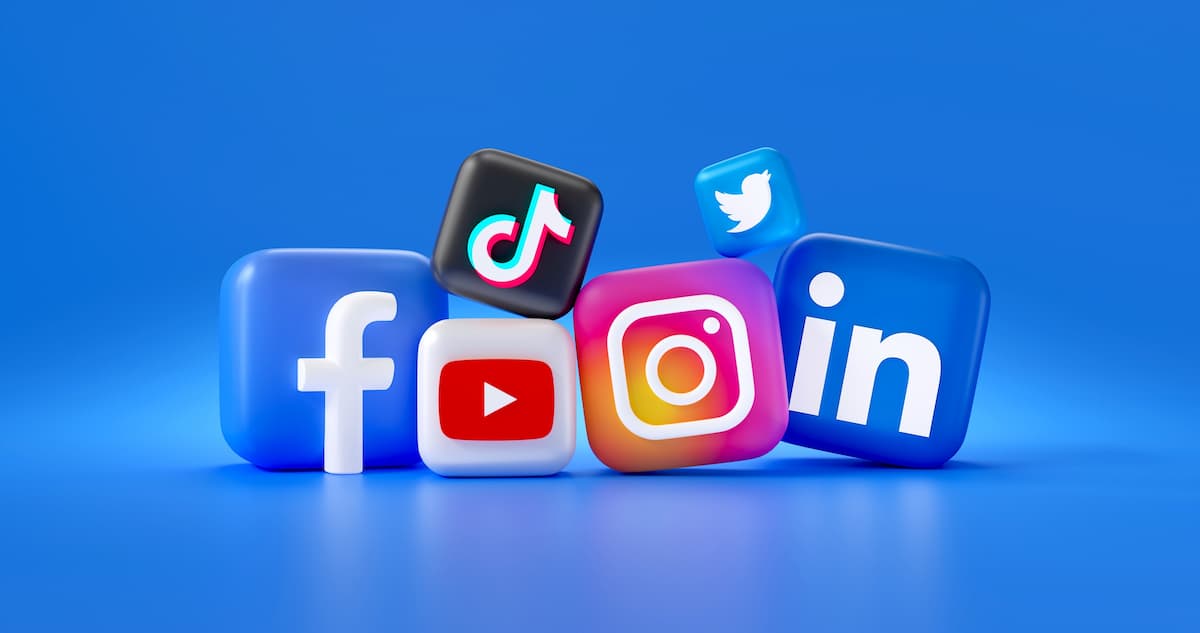Self-sufficiency, in the context of music, refers to a musician’s ability to manage various aspects of their career independently. Today, more than ever, self-sufficiency is crucial for musicians in an increasingly dynamic and competitive music industry.

© Omid Armin/Unsplash
At a most basic level, self-sufficiency is a musician’s ability to manage their own time, schedule and plan practice time, factor in preparation time for concerts and other recitals (competitions, masterclasses, exams etc.), organise their diary efficiently and manage their finances.
Creative Control
One of the key reasons for musicians to embrace self-sufficiency is creative control. When musicians are self-sufficient, they have the freedom and autonomy to compose, produce, and release music that aligns with their personal artistic vision, rather than conforming to industry norms or trends.
Financial Independence
The music industry can be notoriously fickle, with uncertain income for many artists. Self-sufficiency equips musicians with the skills to manage their finances efficiently, reducing their dependence on external parties. By understanding the business side of music, musicians can create a more stable and sustainable career.
Adaptability

© Mariia Shalabaieva/Unsplash
The music industry is constantly evolving, driven by technological advancements and changing audience tastes and consumer trends. Adaptability is key to surviving and thriving in a competitive industry where what’s popular today may be out of fashion tomorrow. Self-sufficient musicians are better equipped to adapt to these changes: they can quickly harness technologies, such as digital distribution platforms and social media, to reach wider audiences and stay relevant in a shifting landscape.
Bohuslav Martinů: Film en miniature, H. 148 – VI. Carillon (Paul Kaspar, piano)
Building a Personal ‘Brand’
In the digital age, musicians are not just selling music; they are also selling themselves. Building a personal brand is an essential aspect of a musician’s career. Many musicians believe that they need a record label, an agent/artist’s manager, and a massive team around them to build a brand, but social media in particular has made this redundant. By being self-sufficient, musicians can manage and shape their own online presence, engage with audiences/fans directly, and cultivate a unique identity. Platforms like YouTube and TikTok in particular are enabling younger musicians to develop their own brand and reach a bigger audience beyond the standard classical music demographic. Meanwhile, funding platforms like Kickstarter allow musicians to raise funds for recordings and other projects while connecting directly with supporters/fans.
Longevity in the Industry
By taking charge of their own destiny, musicians can create a sustainable career path in an industry known for its unpredictability and competitiveness. They can develop a loyal fan base, maintain creative integrity, and adapt to industry changes, all of which contribute to long-term success.
For more of the best in classical music, sign up for our E-Newsletter
Alban Claudin: Resilience (Alban Claudin, piano)



